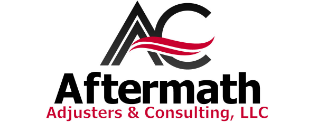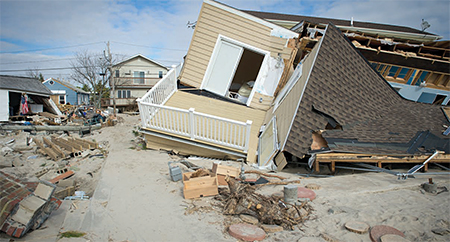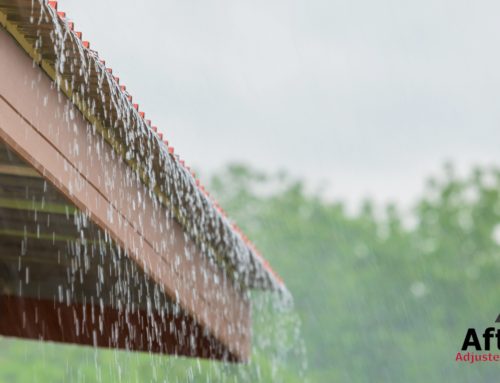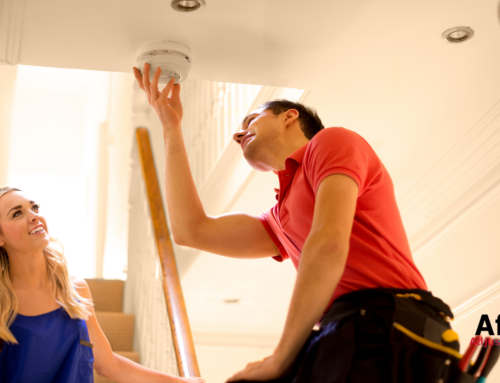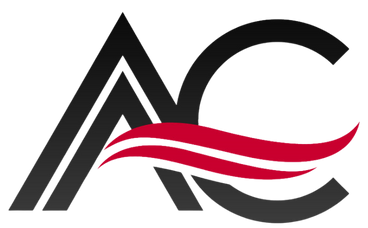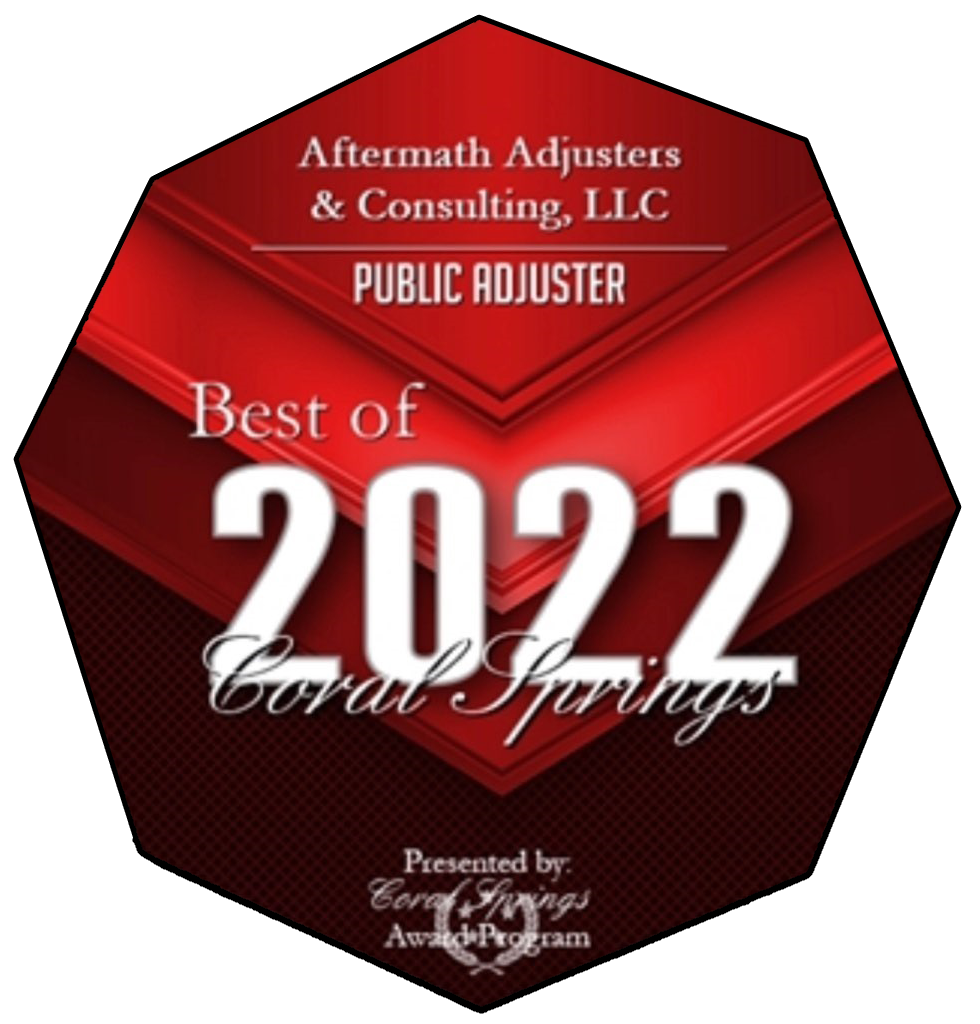Insurance adjusters are in high demand after a disaster. For insurance adjusters, this is great. It can, however, be bad for homeowners. An insurance adjuster shortage can lead to a number of undesirable side effects.
We’ve seen a number of areas go through disasters over the last year. All of these areas experienced an insurance adjuster shortage afterward. Think about Hurricane Katrina. It took months for many homeowners to receive settlements. There were just not enough adjusters with the experience needed. Now, we’re seeing similar problems after major disasters across the country.
An insurance adjuster shortage can affect your claim in all of the following ways.
1. It Leads to a Surge of Unqualified Public Adjusters
You may have lost your home to flooding after a hurricane. You’ve tried to hire a public adjuster to manage your claim. However, you can’t seem to find a qualified adjuster in your area. One day, there’s a knock on your door. It’s a public adjuster. He says he would gladly handle your claim. You’re excited and immediately sign a contract.
This isn’t always a good idea. There’s normally a rise of unqualified loss adjusters after a disaster. These adjusters move from one disaster-stricken area to another. They know they’ll get hired, despite being under qualified or not good at their jobs.
This surge in the number of unqualified, even unregistered or uncertified, public adjusters is one of the most noticeable consequences of an insurance adjuster shortage.
2. Bad Adjusters Will Push for a Faster Settlement and Move on to the Next Case
An insurance adjuster shortage can also hurt you in your wallet. When there’s a big demand for public adjusters, many adjusters, even the good ones, will quickly settle a deal. Once they are done with you, they will move onto the next case.
For example, the public adjuster might accept a slightly lower offer instead of fighting with your insurance company. The adjuster gets paid no matter what. They can simply move onto the next case.
Public adjusters get paid part of what your insurance company’s offer. They’ll earn a cut, about 5% or 10%, of the final settlement. A $4,000 payment rather than $5,000 payment might not be a big deal for a public adjuster. An $80,000 check versus a $100,000 check is significant for many homeowners.
3. Insurance Companies Might Take Advantage of Policyholders
Insurance companies know when there’s a shortage of adjusters. They also know that policyholders are more vulnerable.
The insurance company’s best interests are to settle a claim quickly and pay the lowest amount they’re required to pay. After a disaster, they might be dealing with tens of thousands of claims. Your insurance company doesn’t want to get stuck on a single claim.
There’s also the financial side of things. Disasters can cost insurance companies billions of dollars. They have extra motivation to reduce payouts when that happens.
4. You Might Work With Inexperienced Adjusters
Public adjusters typically experience slow but steady demand between disasters. After a disaster, though, there is a sudden surge in demand. You might end up with an inexperienced adjuster. That adjuster might not specialize in, for example, flood damage claims. The adjuster does know, though, that they can make quick money by representing homeowners in disaster-stricken areas.
If you’re hiring a public adjuster during a shortage, remember to check their qualifications and experience. Don’t be afraid to wait for the right public adjuster.
5. You Can Expect a Longer Claim Process
The previous situations are serious issues. They, however, can be avoided if you’re working with honest public adjusters and a good insurance company. Despite this, you can expect a significantly longer claims process when there’s an insurance adjuster shortage. Remember, your insurance company needs to hire adjusters, too.
If you need a qualified public adjuster in your area, contact Aftermath Adjusters & Consulting today. We are highly-qualified, certified, and experienced public adjusters. You can count on us to do the job right and have your best interests in mind.
